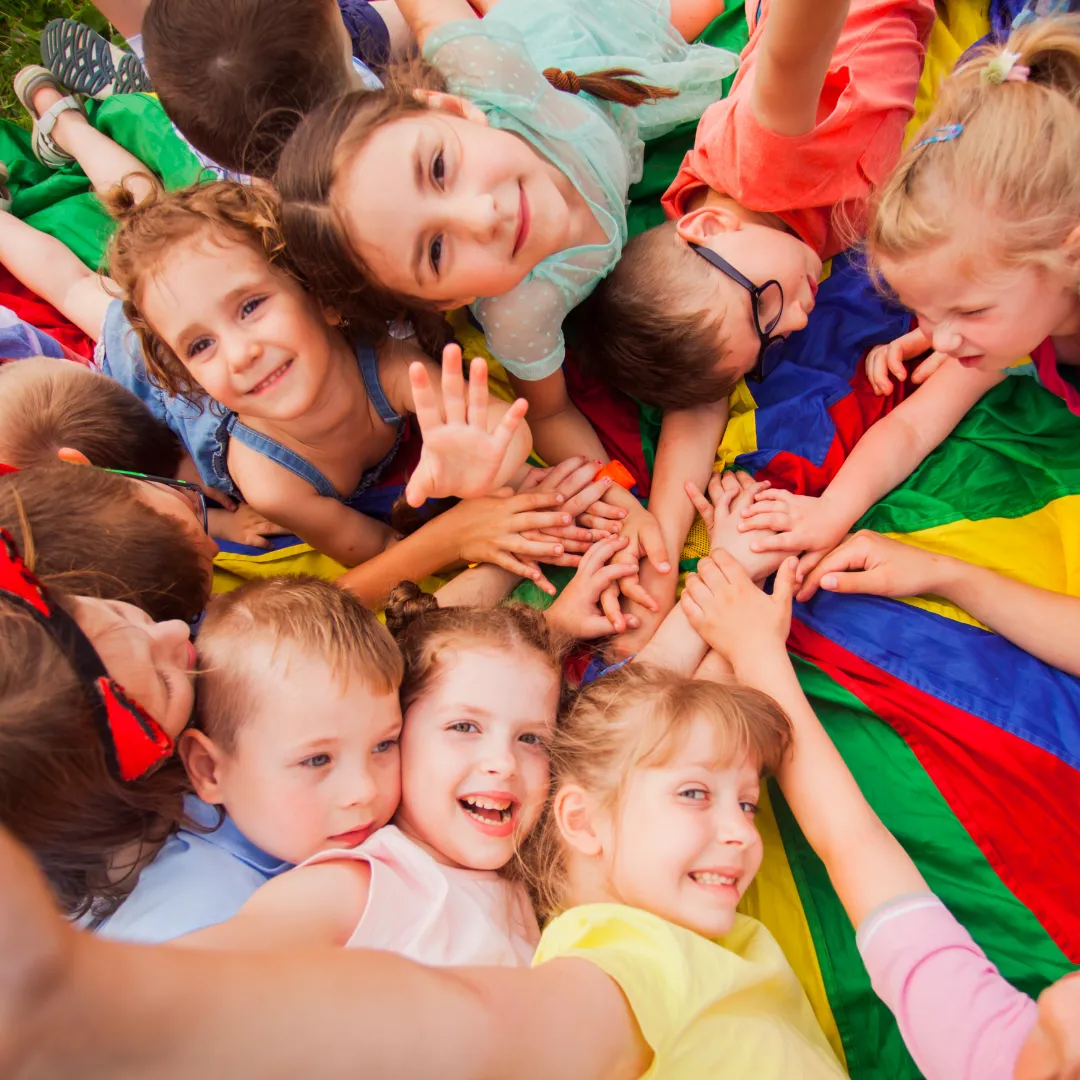

📌 Understanding Emotions: Introduce 'Feeling Faces' to Your Preschooler

\Emotion literacy plays a crucial role in your preschooler's development. Understanding and expressing emotions constructively is a life-skill that lays the foundation for mental health and social relationships. Today, we're excited to introduce a fun and creative activity: 'Feeling Faces.'
'Feeling Faces' is a simple yet effective way to help your child acknowledge and communicate their feelings. The activity involves crafting faces with different expressions, each representing a distinct emotion.
Here's how to get started:
Gather Supplies: All you need are paper plates or cardboard, markers, and your child's creativity. You could also use collage materials like colored paper, yarn for hair, and googly eyes for a touch of fun.

Create Expressive Faces: Draw faces on the plates or cardboard pieces to represent a range of emotions. These could include happiness, sadness, anger, surprise, fear, and many more. Encourage your child to suggest feelings they sometimes experience.

Discuss Each Emotion: As you draw each face, talk about that emotion. Share examples of when your child might have felt that way.

Daily Check-ins: Each day, let your child pick the face that best represents how they're feeling. This opens up a conversation about their emotions.
The 'Feeling Faces' activity not only helps your child understand their emotions but also provides an opportunity to bond with them. It's a step towards creating an emotionally supportive environment at home where your child feels understood and valued.
Remember, it's okay for your child to experience a range of emotions. Our role as parents is to guide them in expressing these feelings constructively.
Stay tuned for more creative activities and parenting tips from our newsletter. Happy parenting!
Best,
PTL Treehouse